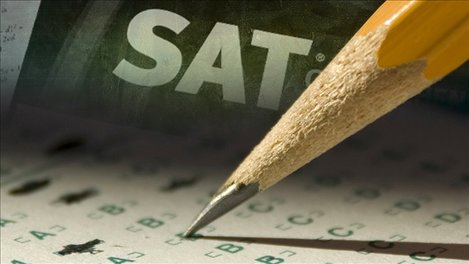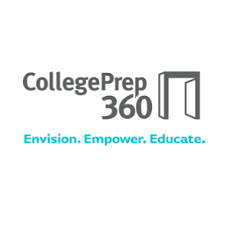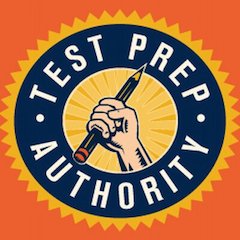Ask An Expert: Should I take the new SAT?

?This week, we asked two of our experts—Resident AdmitSee expert and founder of College Prep 360, Joie Jager-Hyman, and NY’s top SAT/ACT tutor and founder of Test Prep Authority, Anthony Green—for their take on whether students should be taking the new SAT. College Board’s breakdown of the changes pending in Spring 2016 (starting March 2016) include:
- A return to a 1600-point grading scale: combining the Writing and Reading sections of the 2400-scale exam into a single 800-point “Verbal” section
- Placing more emphasis on interdisciplinary, evidence-based reading and writing problems—vocabulary problems will be based on contextual clues rather than tested in a definitional vacuum
- Math problem sets that test specific skills, such as algebra
- No point deductions for incorrect answers, so guess away!
- Making the written essay an optional portion of the exam—it’ll be allocated 50 minutes rather than 25 minutes. An optional essay will cut the exam time down to 3 hours from 3hrs and 45min
Both Joie and Anthony recommend NOT taking the new SAT and taking the ACT instead. Read on for why…

According to Joie Hager-Hyman,
Ever since this [new SAT] announcement, my students have been asking me if they should take the new SAT. My answer is always the same, regardless of the student and his/her testing background—no, they should not. My advice boils down to essentially one reason: why take the SAT, which will invariably undergo some additional changes during the first few rounds, when you can opt to take the ACT, an exam that has stood the test of time with plenty of available prep materials?
Contrary to popular belief, the SAT and ACT are tests that can, and should, be studied for. The fact that the College Board and ACT.org both offer official study materials and diagnostics testifies to the fact that the test designers believe this as well. I advise my students to begin prep early, to study regularly, and to take multiple diagnostic tests in classroom settings. It is a fact that students who are more familiar with the test perform at much higher levels than those who do not. Students who cannot afford test prep tutors and classes need not despair. There are plenty of economical or free options for low-income students to get ready. I recommend the Princeton Review Foundation and Number2.com. Your guidance counselor should be able to direct you towards local free or low-cost test prep resources as well.
After the new SAT has launched and run a couple of times, popular, reputable test prep companies, private tutors, and non-profit organizations will catch up and start offering reliable test prep programs for the new test. Until then, I recommend that students stick with a test where they will know what to expect ahead of time.

According to Anthony Green,
Students should prepare for the ACT for the time being. Once the College Board has shown its cards, and we all understand exactly what they have in store for us after the launch, students can evaluate their options and pick the best test. But at this point, it’s much smarter to go with the devil you know (the current ACT).
Furthermore, the new SAT is basically identical (about 85% similar) to the ACT, so if students want to prepare for it, they might as well just prepare for the ACT and kill two birds with one stone.
According to the College Board, the new SAT will be marked by: Continued emphasis on reasoning alongside a clearer, stronger focus on the knowledge, skills, and understandings most important for college and career readiness and success.
This leads us to wonder what was being tested before, and what revelations led to this overhaul. (If you haven’t, I recommend checking out their own site.)
Rather than go into a 50,000-word diatribe, I’ll pick one aspect of the new test, the essay, to point out how arbitrary these changes happen to be…

Now, rather than writing their own points, students will be asked to evaluate the points of another writer and explain how he or she develops an argument. So, rather than evaluating the writing and reasoning skills of students, the test makers are now evaluating student ability to describe the writing and reasoning ability of someone else. What in god’s name? What real world skill does that actually test? In what academic environment are students asked to do this, rather than make their own arguments? Now, more than ever, students should be able to craft their own arguments and synthesize information. Not only is this new task arbitrary – it borders on ridiculous.
These are the types of changes that we’re supposed to understand are a radical, student-friendly overhaul of this exam. I suppose you can decide for yourself – does this make any sense? And considering that this was the exact rhetoric spouted by this organization ten years ago, when they then continued to launch a wildly unpopular and totally irrelevant exam, are we supposed to believe them this time?
by Admit See



